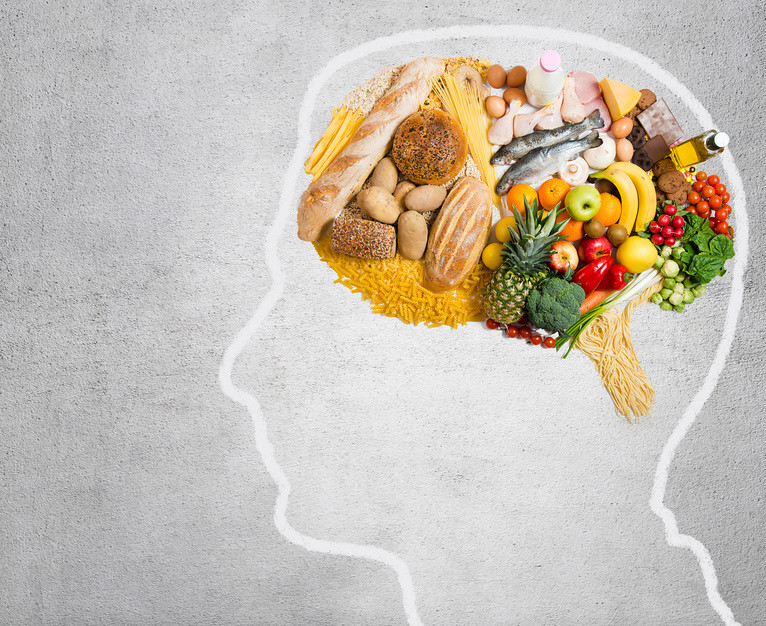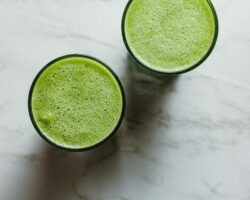Did you know that the brain also needs nutrition to function properly? According to scientific research, it consumes about 20% of the total amount of calories we accumulate in a day. But “feeding” the brain isn’t easy – it’s important to choose foods that contain antioxidants, fatty acids and other beneficial elements, which are precisely what affects cognitive functions: memory, concentration and motor skills. Here’s a look at what to include in your regular diet to boost your brain function (and your body’s performance in general).
Almond oil
Nuts and nut butters are the best source of vitamin E, which prevents cell breakdown that increases the risk of Alzheimer’s disease. Nuts also contain healthy fats and fibre, and specifically almonds are rich in calcium, magnesium and potassium – these elements help stabilise blood pressure, which is also important for improving brain function.
Avocado
This fruit is also packed with fatty acids and vitamin E, which are good for brain activity. Avocados don’t have to be eaten alone if you don’t like their taste – you can add small amounts to salads and even baked goods. Keep in mind that despite all its benefits, avocados are quite calorie-dense – just a quarter of the fruit contains 60 calories.
Walnuts
As we mentioned above, walnuts are high in plant proteins and healthy fats, but it’s walnuts that are famous for their positive effects on brain function. They are packed with alpha-linolenic acid, one of the main Omega-3 fatty acids, which supports the cardiovascular system and nourishes the brain.
Nutmeg pumpkin
Any succulent-coloured plant is good for its carotenoids – the orange, red and yellow pigments. In addition, the nutmeg pumpkin is low in calories, so you can’t be afraid to eat it even while dieting. This factor is equally important for brain function, as obesity and overweight increase the risk of developing Alzheimer’s disease and reduce cognitive function.
Berries
Similar to colourful vegetables, coloured berries are rich in nutrients due to their content of natural plant pigments known as flavonoids. Not only do they give berries their distinctive hue, but they also support cognitive function, especially in older age.
Broccoli and cauliflower
These plants contain a treasure trove of beneficial elements that reduce the risk of cognitive decline: vitamin C, selenium, folic acid, potassium. In addition, broccoli and cauliflower have vitamin K, which is responsible for strong bones and blood clotting.
Halibut
This type of fish contains 50% of the daily norm of vitamin D (which is especially important in winter), 25% of vitamin B6 and 20% of vitamin B12, which, incidentally, can only be found in animal products. Such a richness of useful elements confirms that fish should always be in the basic diet.
Beans
Legumes are rich in important B vitamins, particularly folic acid and B6, which supports the nervous system. In addition, folic acid regulates liver function.
Curry
This spice is made on the basis of turmeric root, which prevents cognitive decline. According to studies, in India, the home of curry, older people are much less likely to develop Alzheimer’s disease than people living in the United States.
Green tea
Green tea has been consumed for thousands of years – all because of its positive effects on the body. A recent study found that this beverage also plays an important role in improving memory and brain function.
Coffee
Coffee is a controversial drink, with many claiming its benefits and others advising against it altogether. However, when it comes to effective brain function, coffee will not be the enemy here – drinking it in moderation (!) prevents cognitive decline. However, if you’re sensitive to caffeine, it’s better not to drink coffee in the afternoon – a bad night’s sleep will only damage your brain function.






